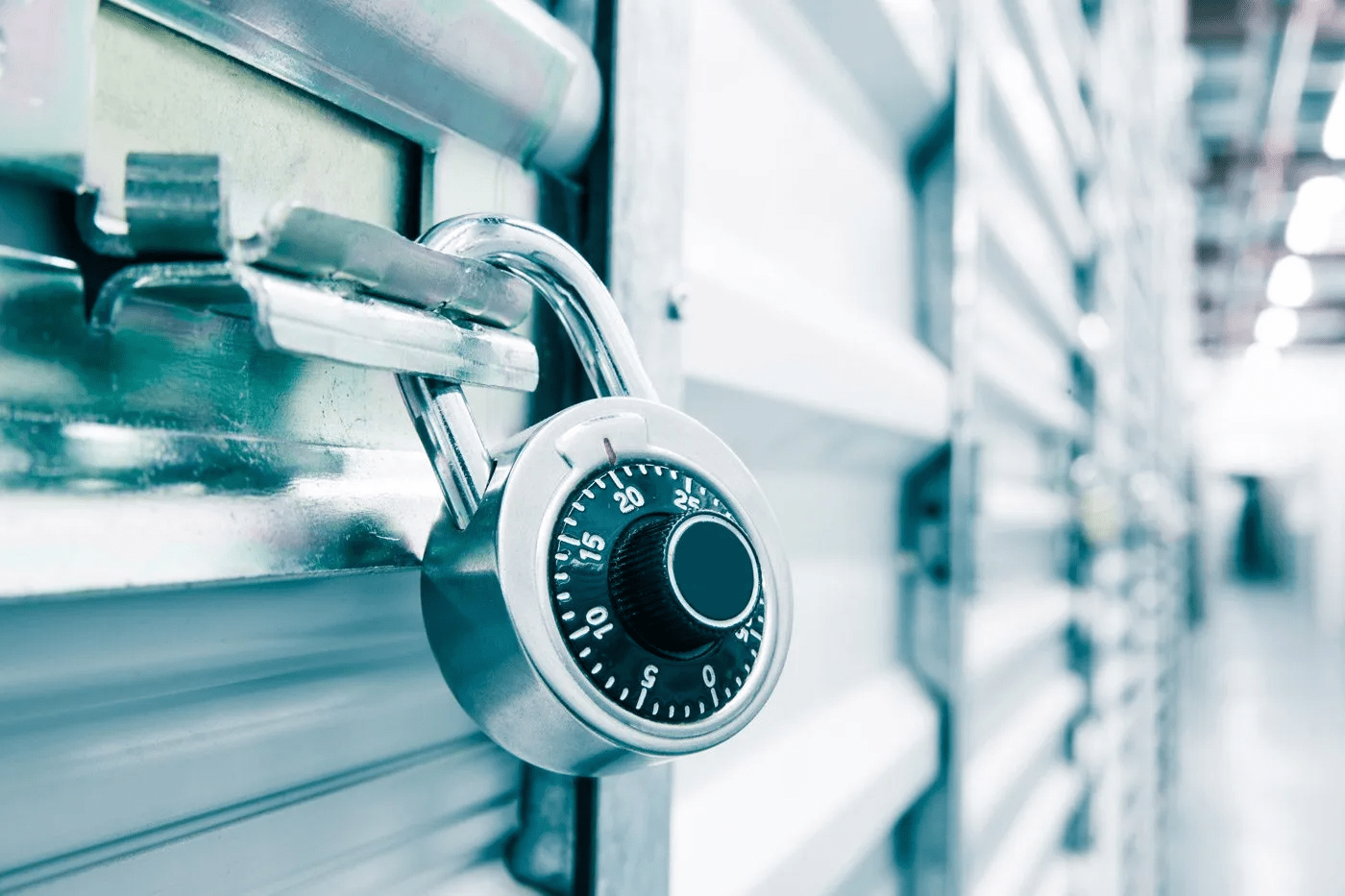The Importance of Self-Storage Building Security
Self-storage buildings play a crucial role in modern society, providing individuals and businesses with secure spaces to store their belongings. These facilities house a wide variety of items, from personal possessions with sentimental value to important business inventory and documents. The security of these buildings is paramount, as customers entrust their valuables to the care of storage facility operators. Ensuring the safety and protection of stored items is not just a business necessity, but a fundamental aspect of maintaining customer trust and satisfaction.
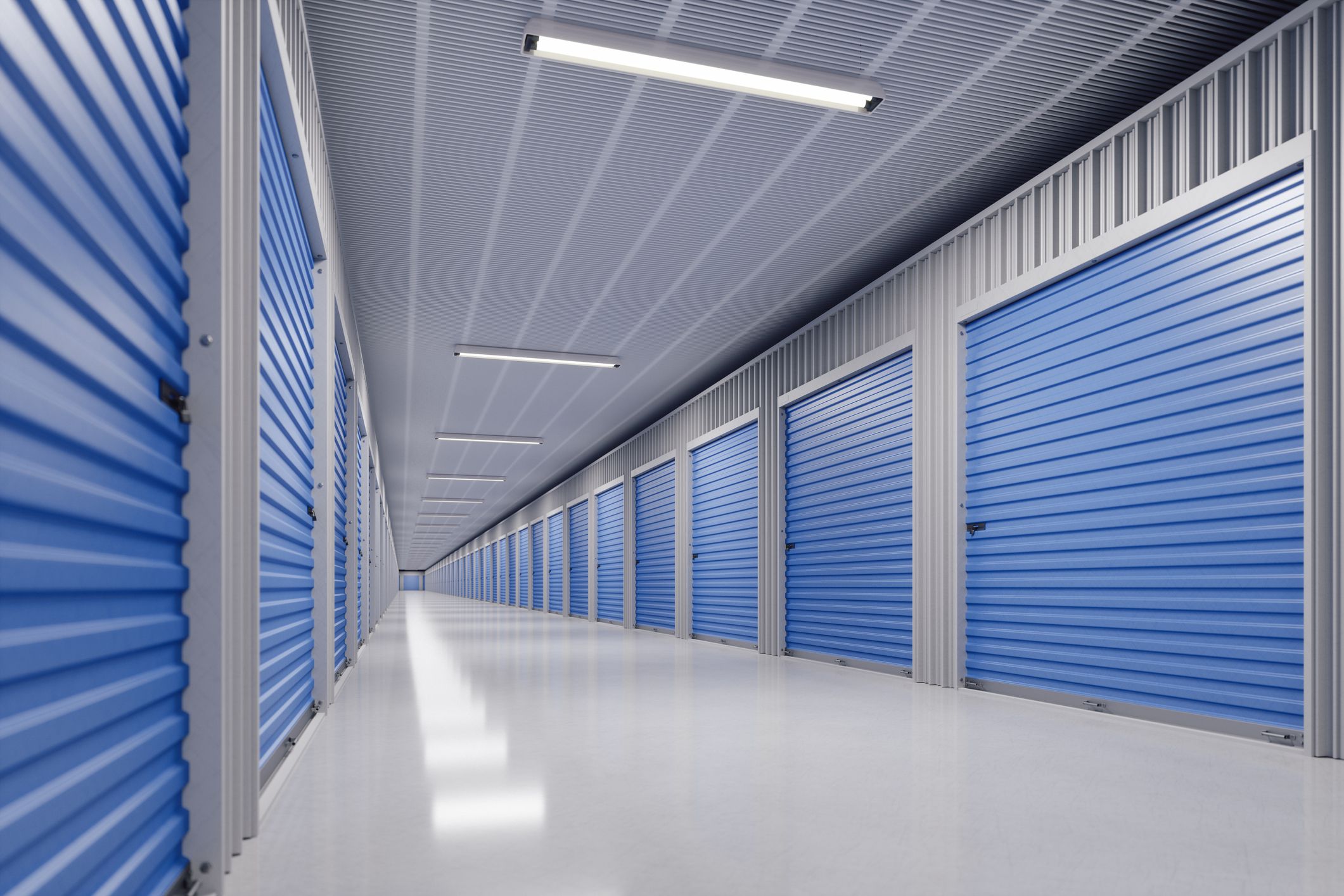
Prioritizing security in self-storage environments is crucial for several reasons. First and foremost, it protects the valuable possessions of customers, giving them peace of mind that their items are safe from theft, damage, or unauthorized access. Second, robust security measures can significantly enhance a facility's reputation, attracting more customers and fostering loyalty among existing ones. Lastly, comprehensive security protects the facility itself from potential liabilities and legal issues that could arise from security breaches.
Failing to implement adequate security measures can lead to severe consequences for self-storage businesses. Facilities may face risks such as break-ins, theft, vandalism, or even use of units for illegal activities. Moreover, security breaches can result in loss of customer trust, negative publicity, legal liabilities, and potential closure of the facility. By implementing comprehensive security measures, self-storage providers can create a safe, reliable environment that meets and exceeds customer expectations.
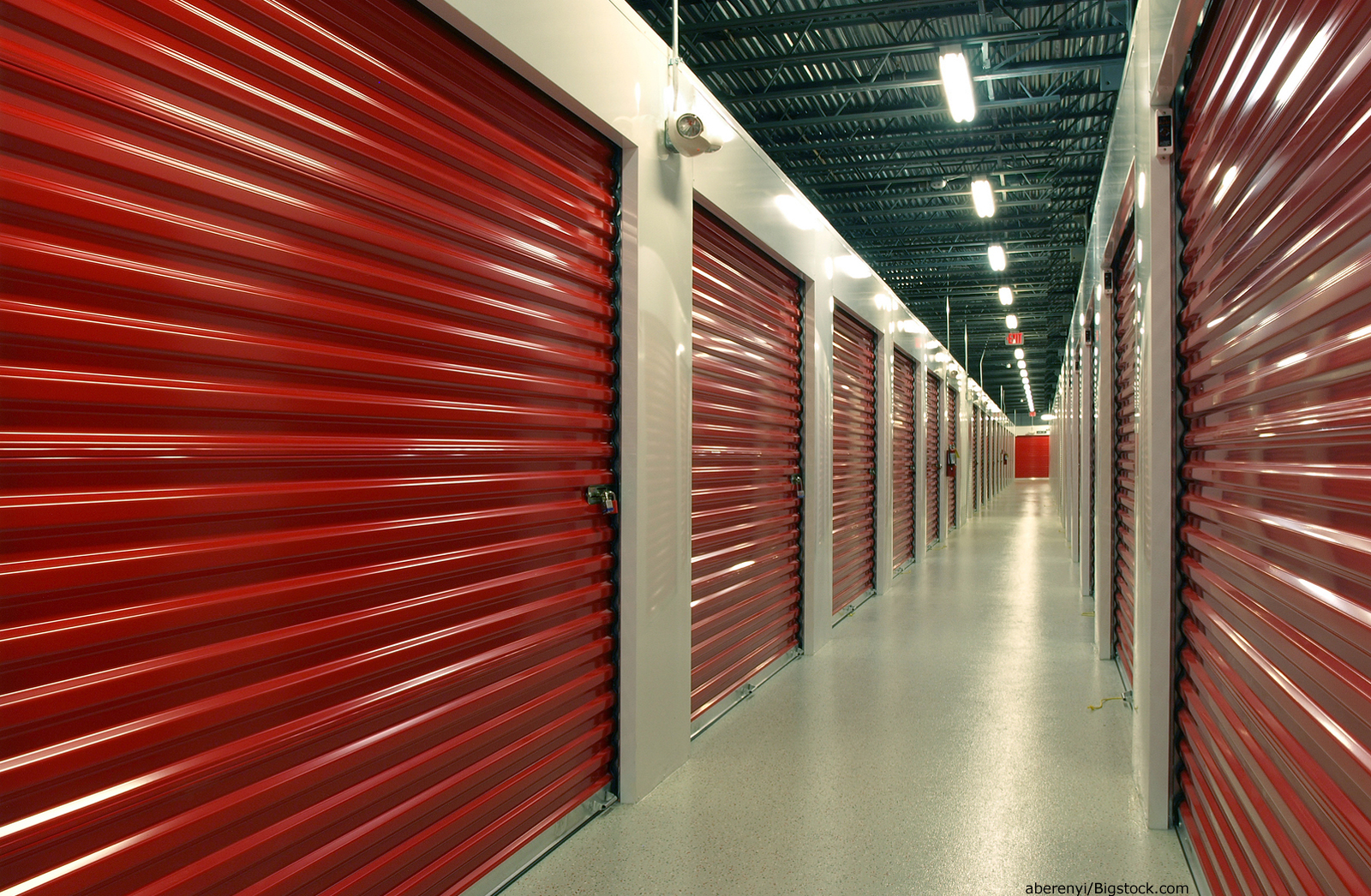
Advanced Access Control Systems
The foundation of self-storage security lies in advanced access control systems. These systems are crucial for regulating entry to the facility and individual storage units, ensuring that only authorized individuals can access specific areas. A comprehensive access control system typically includes several components working in tandem to provide robust security.
Keypad entry systems are a fundamental part of access control. By issuing customers unique access codes, facility operators can track when customers enter and leave the premises. This not only enhances security but also improves overall facility management. These systems are typically installed at main entry points and can be a cost-effective solution for many facilities.
Card readers and credentials offer another layer of access control. These systems allow for quick changes to access permissions and provide a more sophisticated method of entry. They are particularly useful for facilities that require more detailed access tracking or have areas with different security clearance levels.
For cutting-edge security, biometric scanners are becoming increasingly popular in self-storage facilities. These systems use unique biological characteristics like fingerprints or facial features for identification, making them much harder to duplicate or falsify. While more expensive, they offer unparalleled security for high-value storage areas.
Video Surveillance Systems
Video surveillance is an essential component of self-storage security, providing continuous monitoring and serving as a powerful deterrent to potential criminals. A well-designed video surveillance system can cover all critical areas of a facility, leaving no blind spots where unauthorized activities could occur undetected.
When implementing a video surveillance system, it's important to consider the types of cameras and their features. Dome cameras are often used for monitoring indoor hallways and common areas, while outdoor cameras should be equipped with weather resistance and long-distance zoom capabilities. The number of cameras needed will depend on the facility's size and layout.
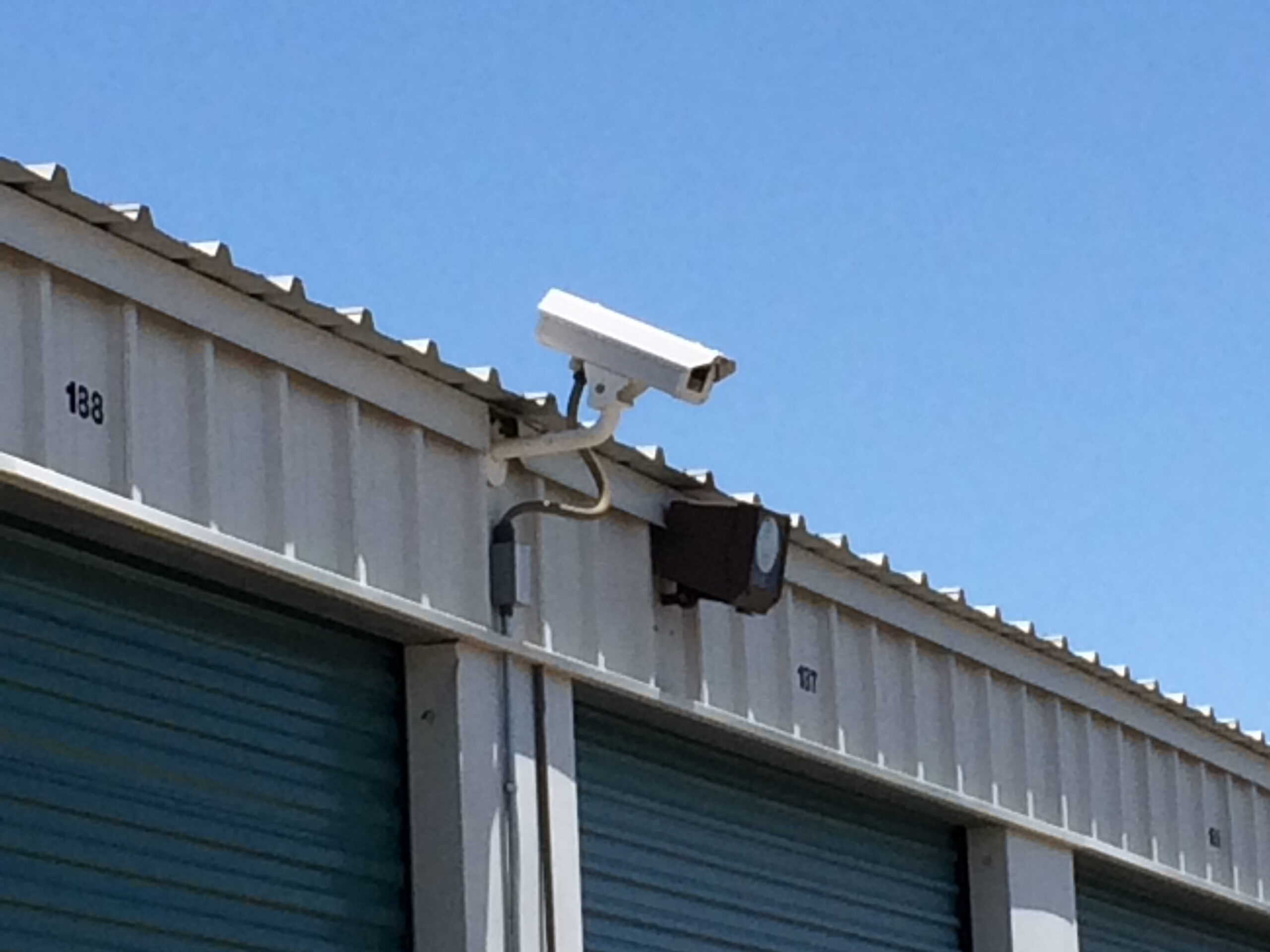
The placement of cameras is crucial for effective surveillance. They should be positioned to cover all entry and exit points, hallways, elevators, and any other areas where security might be a concern. Many modern systems also offer remote monitoring capabilities, allowing facility managers to keep an eye on the premises even when they're not physically present. This feature enables quick responses to any suspicious activities and can be crucial in alerting authorities if necessary.
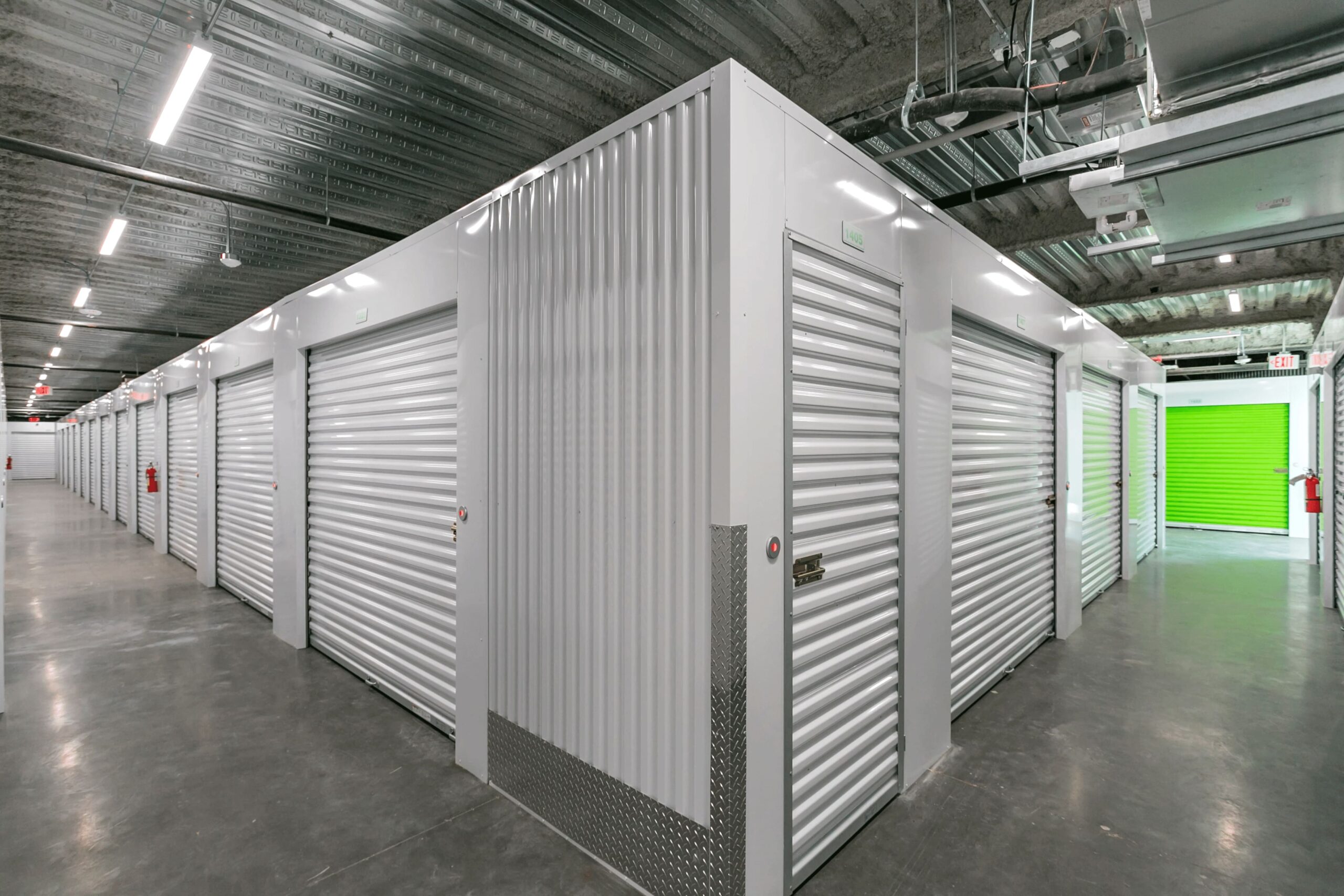
Motion Sensors and Alarm Systems
Motion sensors and alarm systems add another critical layer to self-storage security. These technologies can detect unexpected movements, especially during off-hours, and trigger immediate responses. Motion sensors can be configured to activate lights, alert security personnel, or trigger alarms when unauthorized movement is detected.
When integrated with alarm systems, these sensors provide enhanced security and prompt notifications in case of intrusions. Some advanced systems now incorporate AI technology, enabling smart notifications or even automated responses to detected threats.
Perimeter Security Measures
Perimeter security forms the first line of defense for self-storage facilities. This includes robust fencing, secure gate access, and intrusion detection systems designed to deter potential intruders before they can access the main storage areas.
The choice of fencing depends on various factors, including the type of storage provided, the perceived threat level, and local regulations. Options range from cost-effective chain-link fences to complete privacy fences that block all visibility of storage units.
Gate security is another crucial aspect of perimeter protection. A secure gate not only controls access but also makes a strong first impression on security-conscious customers. Gate access control systems can be integrated with the overall access control system for seamless security management.
Self-Storage Case Study
On-Site Security Personnel
While technological solutions form the backbone of self-storage security, the human element remains invaluable. On-site security guards can provide a level of deterrence and response that technology alone cannot match. Security personnel can monitor the premises, respond quickly to alarms or suspicious activities, and provide a visible security presence that reassures customers and deters potential criminals.
